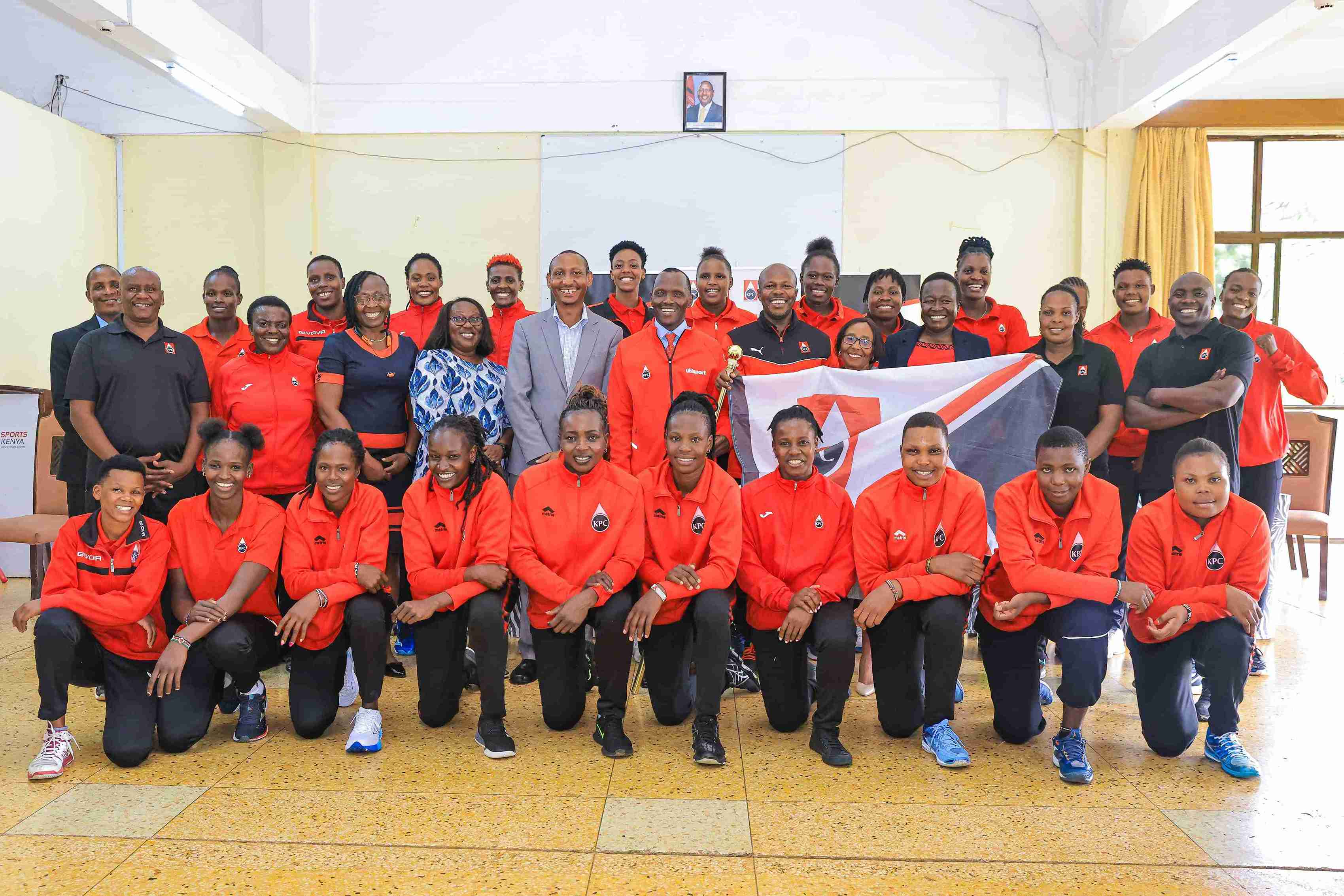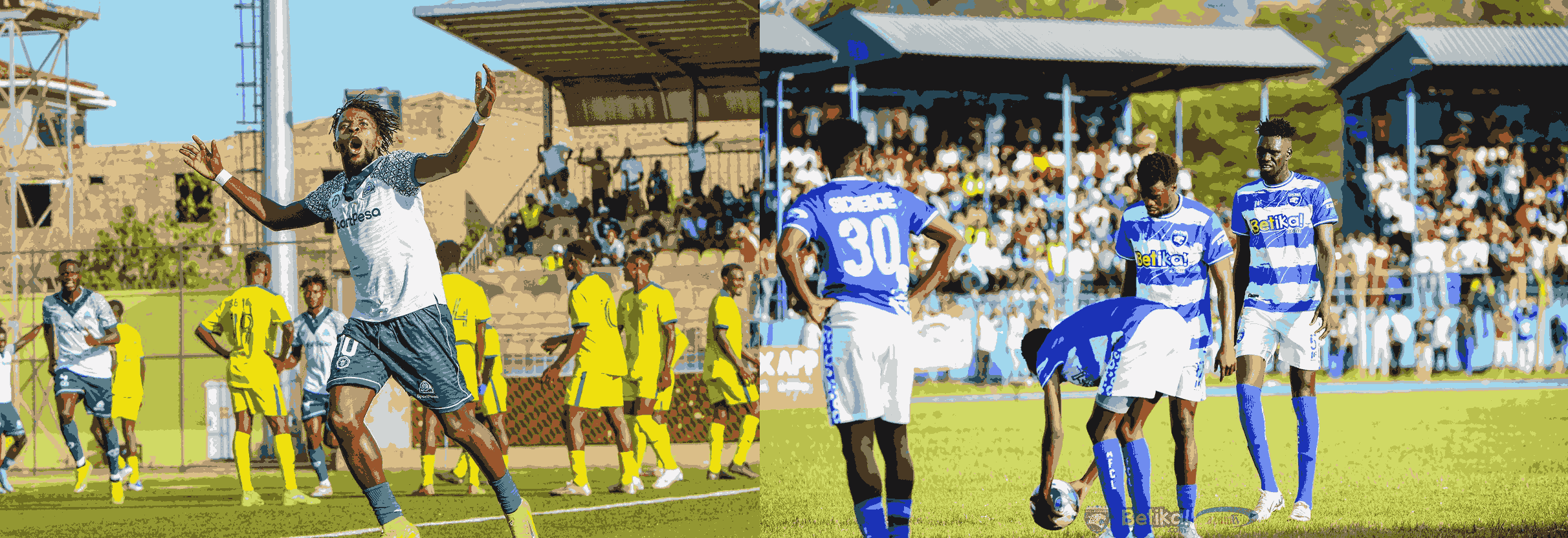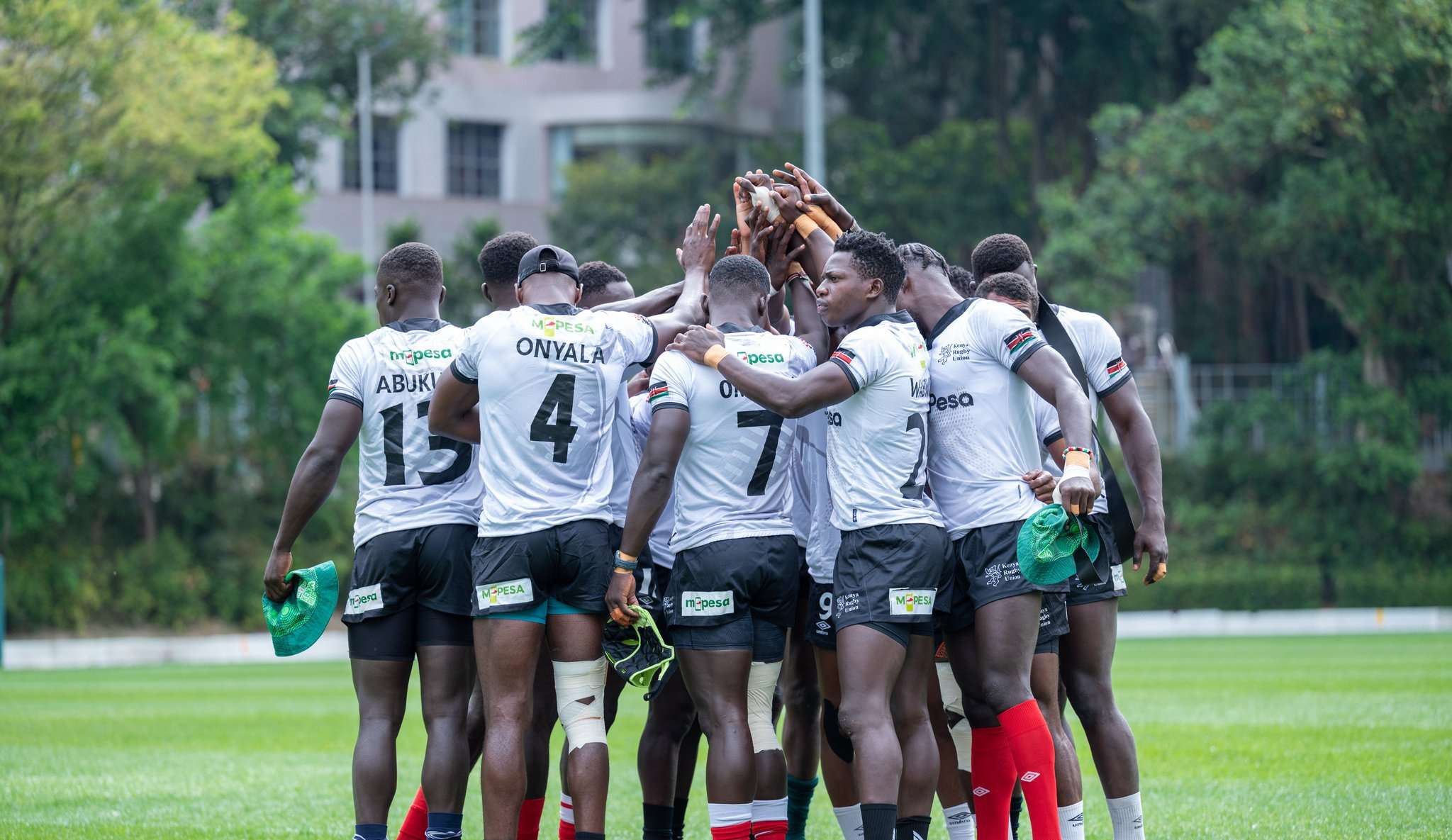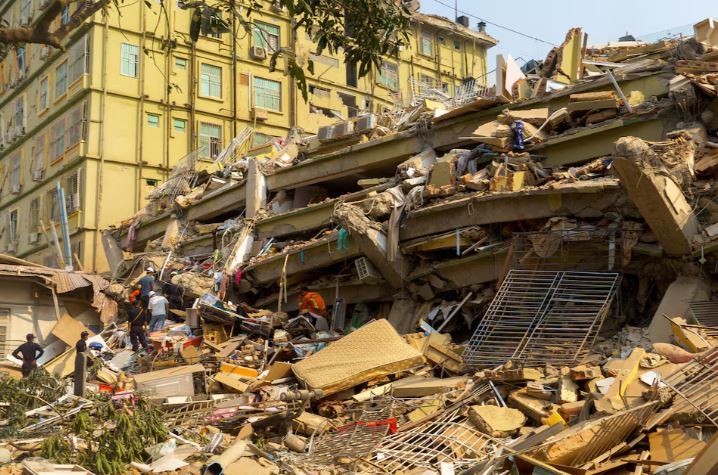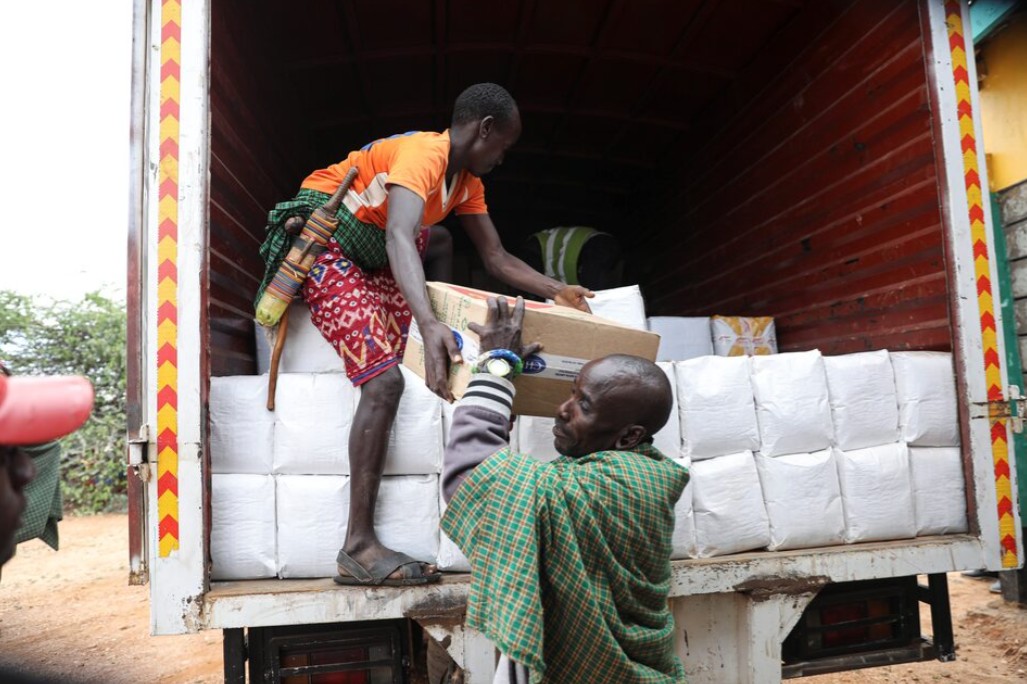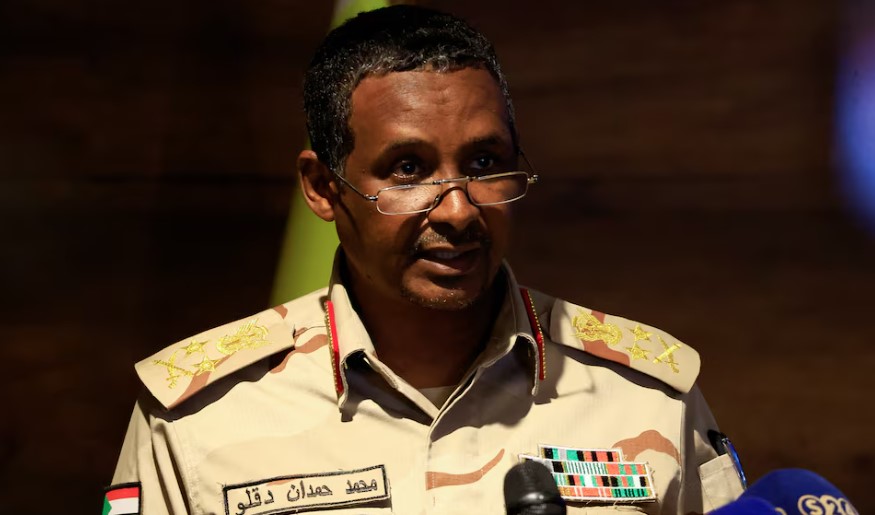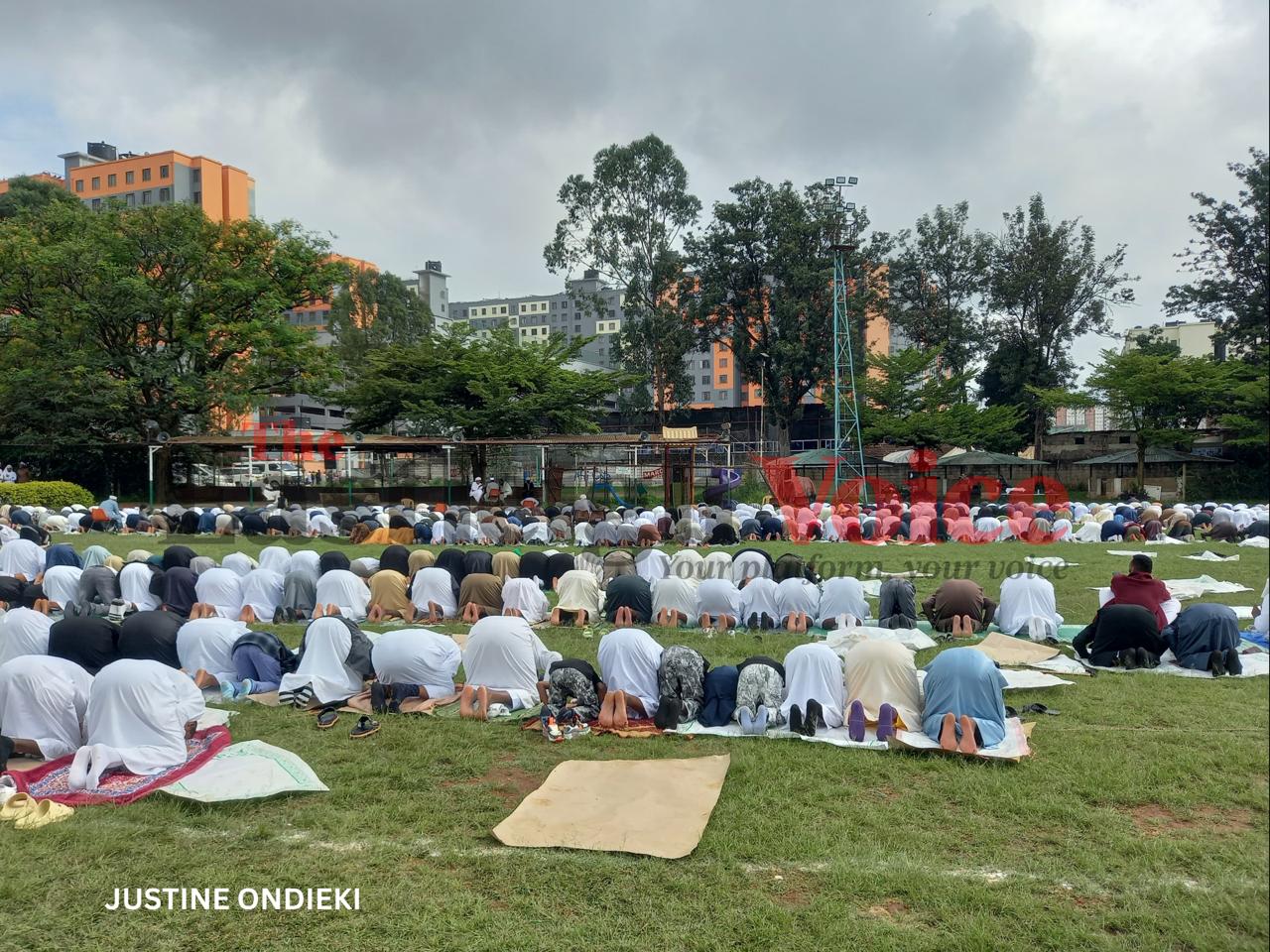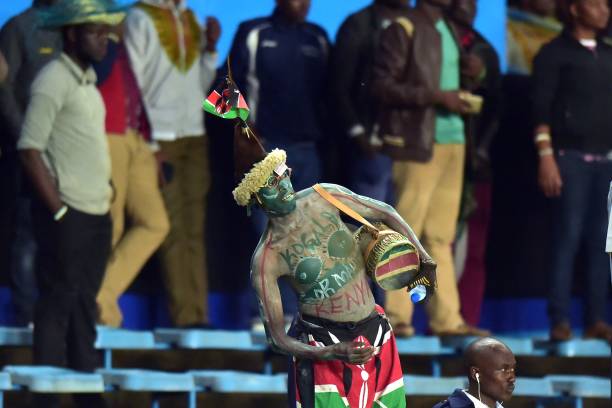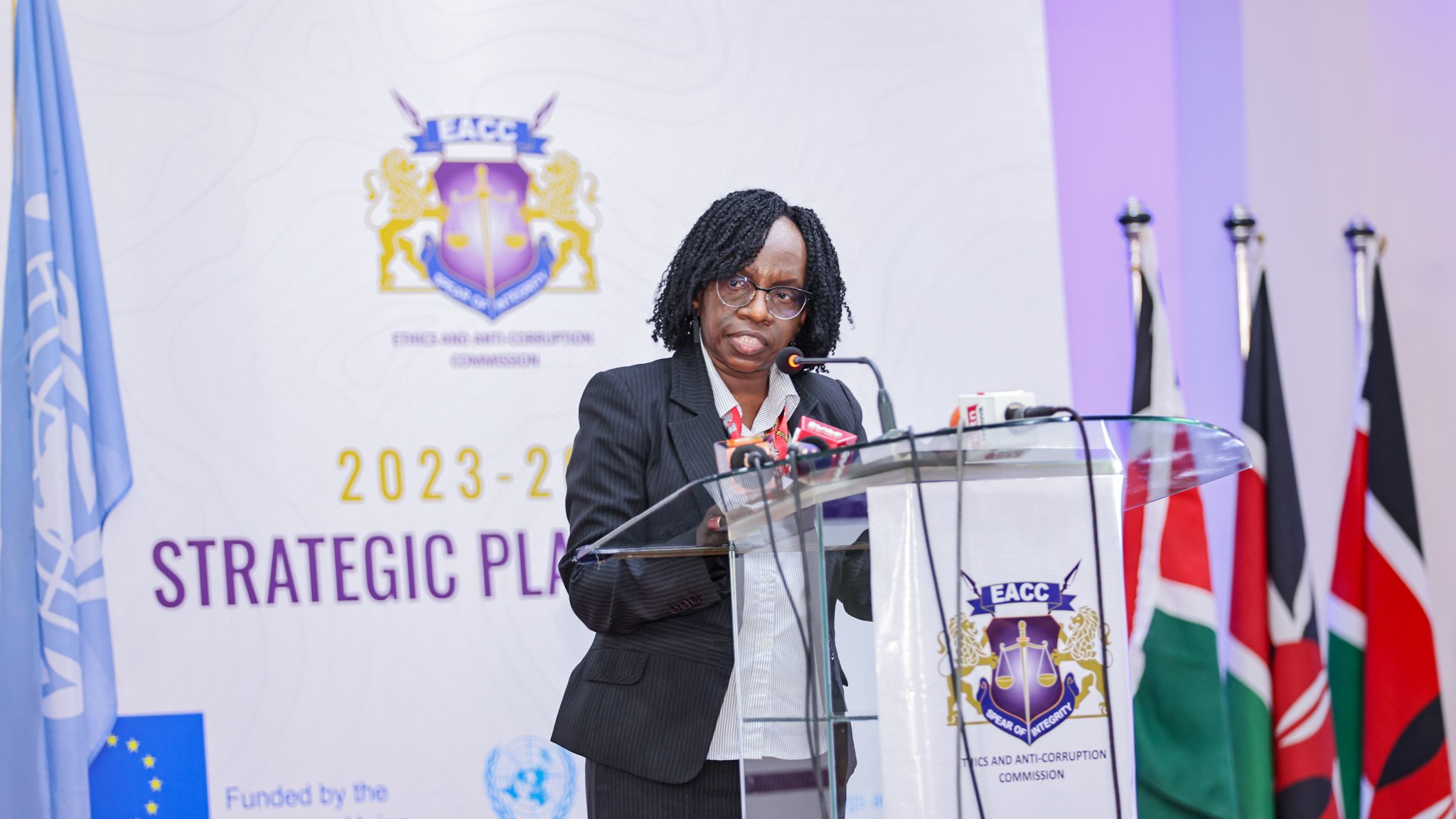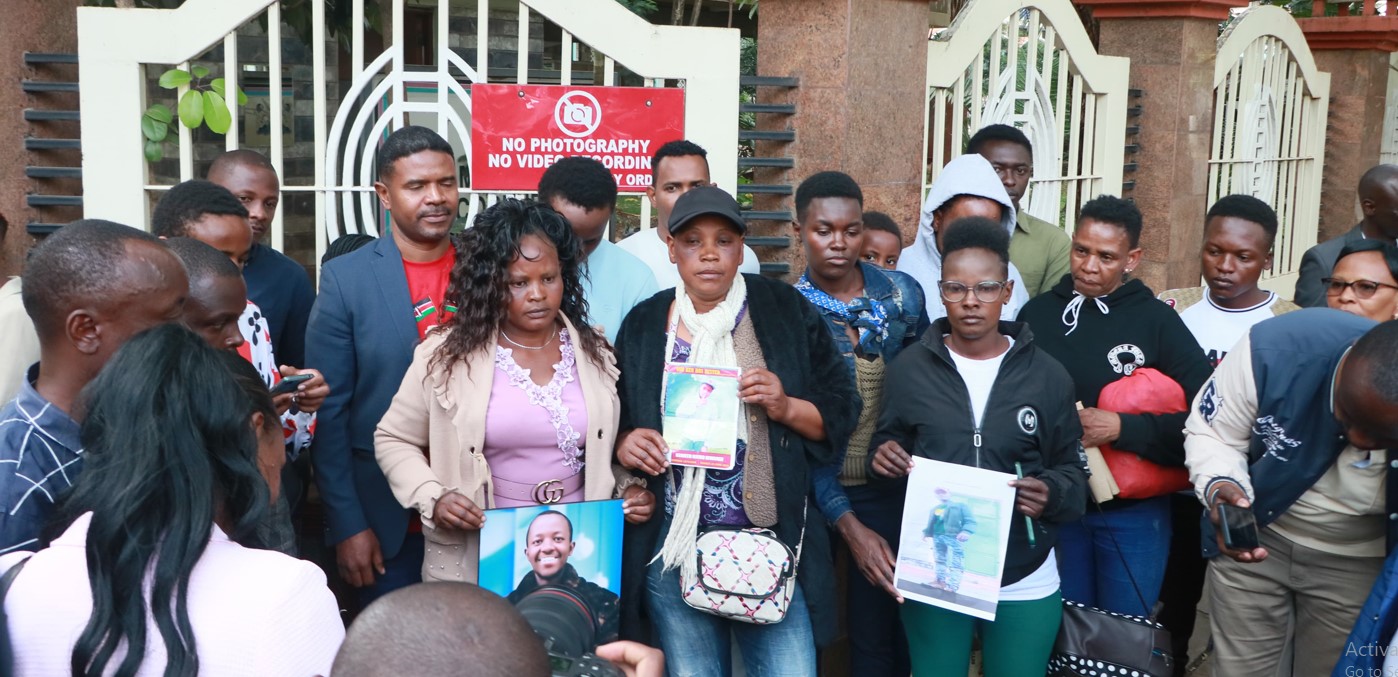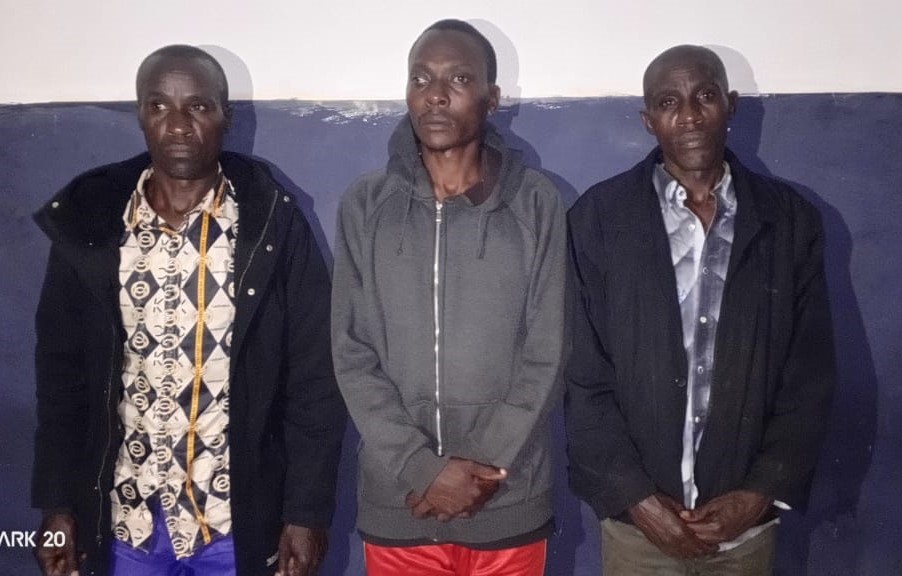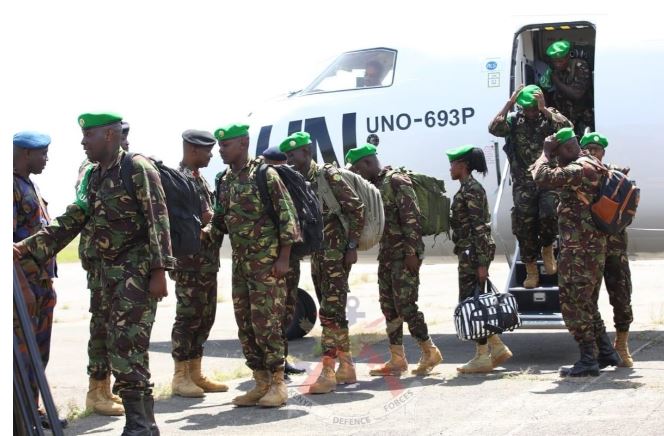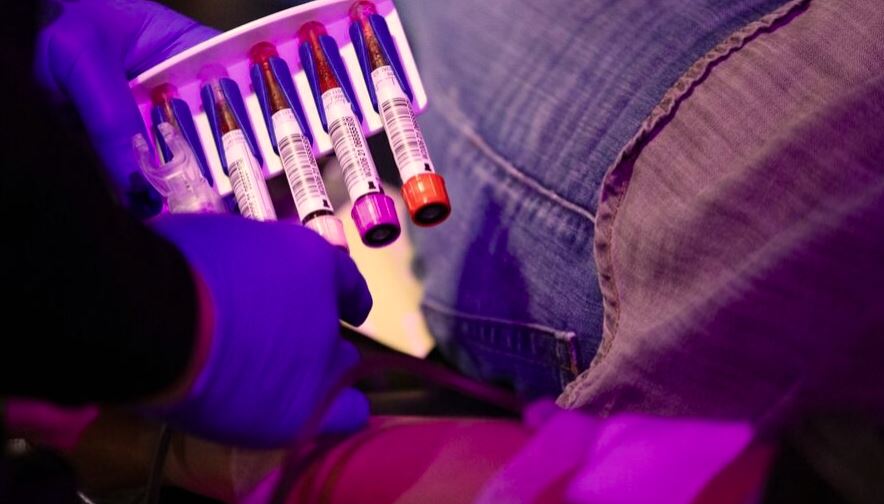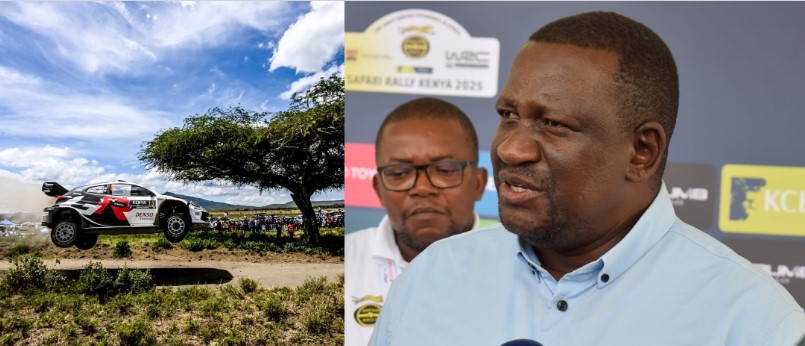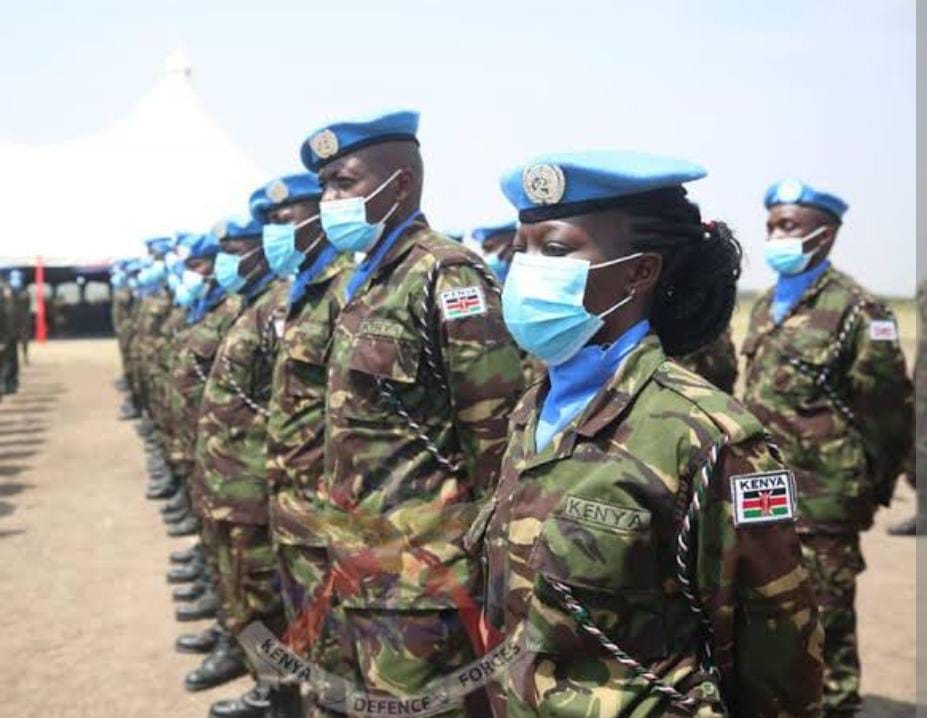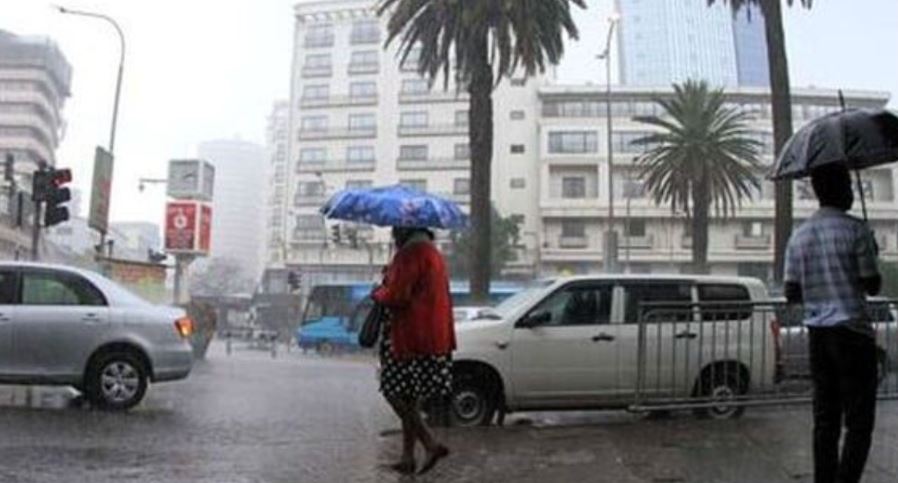"Duka-safi" project earns global recognition for eradicating open defecation in Kenya's refugee camps
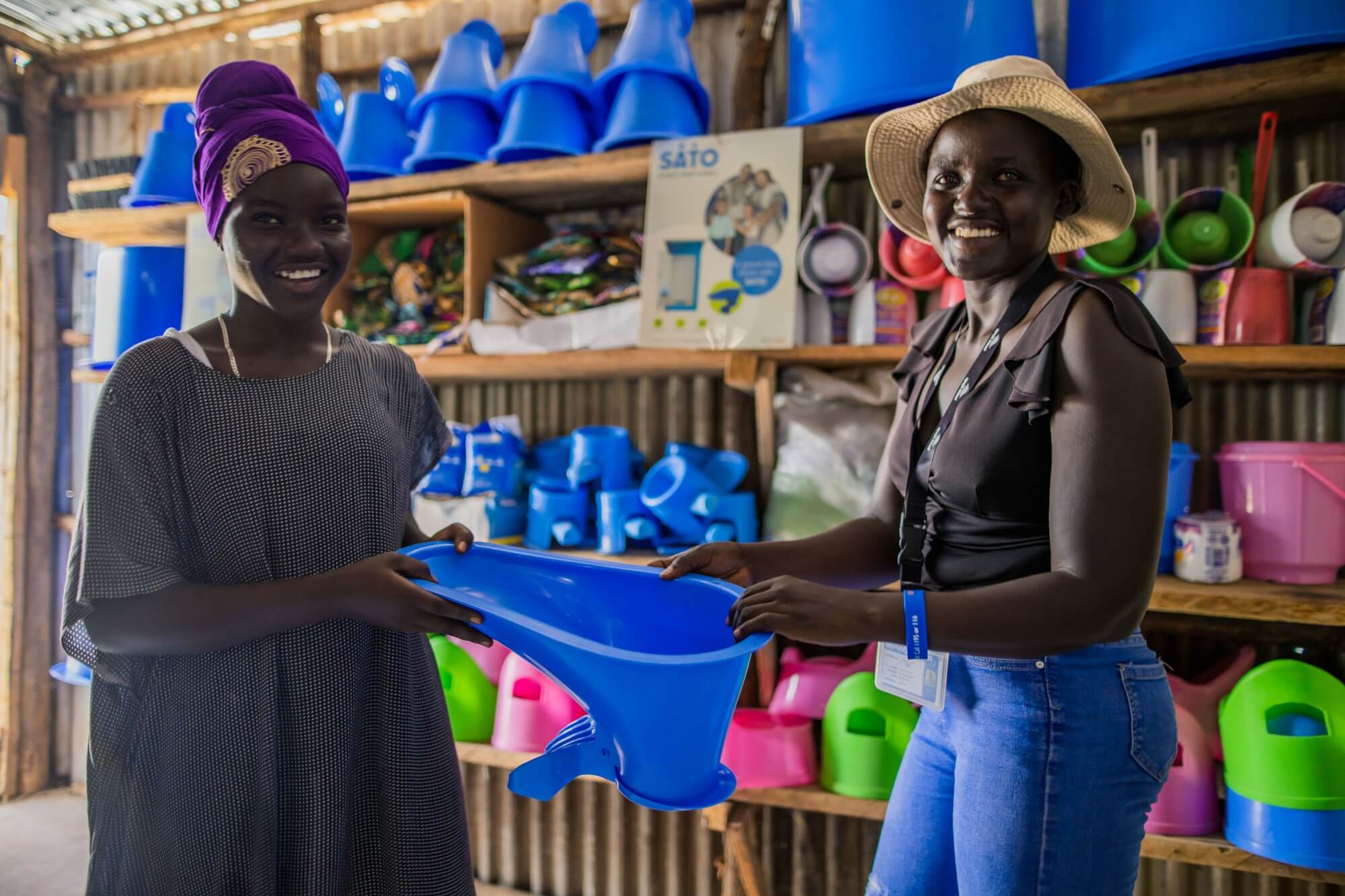
More than 1,070 Sato pans and Sato stools have been sold to date positively impacting the lives of 5,885 people, particularly among newly married couples and families with young children and elderly people.
A Japan-based Non-Governmental Organisation's project to end open defecation in Kakuma and Kalobeyei settlements dubbed "Duka-safi" has earned the Good Practice recognition by the Global Refugee Compact.
Duka-safi is a one-stop sanitation shop innovation by Peace Winds Japan that offers a toilet bowl-like product known as Sato stool that is mounted over an existing toilet hole and secured to the floor using nails or concrete thereby shutting out the unpleasant view into the dark pit and human waste and prevent young children from accidental falls into pit latrines.
It is easy to install, uses less than a litre to flush and provides a comfortable and pleasant toilet experience for households without access to a sewerage system making it suitable for use in households, schools, workplaces or community toilets.
The products are installed and maintained by the trained refugees providing a solution for the sanitation challenges in the camp.
"As the communities move away from open defecation, the need for toilets and the availability of affordable products has become a priority. Peace Winds Japan leveraged its team of hygiene promoters on the ground in Kenya to upskill 56 refugee entrepreneurs who were taught about sanitation marketing business skills, financial literacy and the installation of Sato products," the NGO says in a statement.
Improved sanitation
The 56 refugees then set up dedicated sanitation shops Duka-safi offering the award-winning pan and stool and engaged the locals on the benefits of improved sanitation.
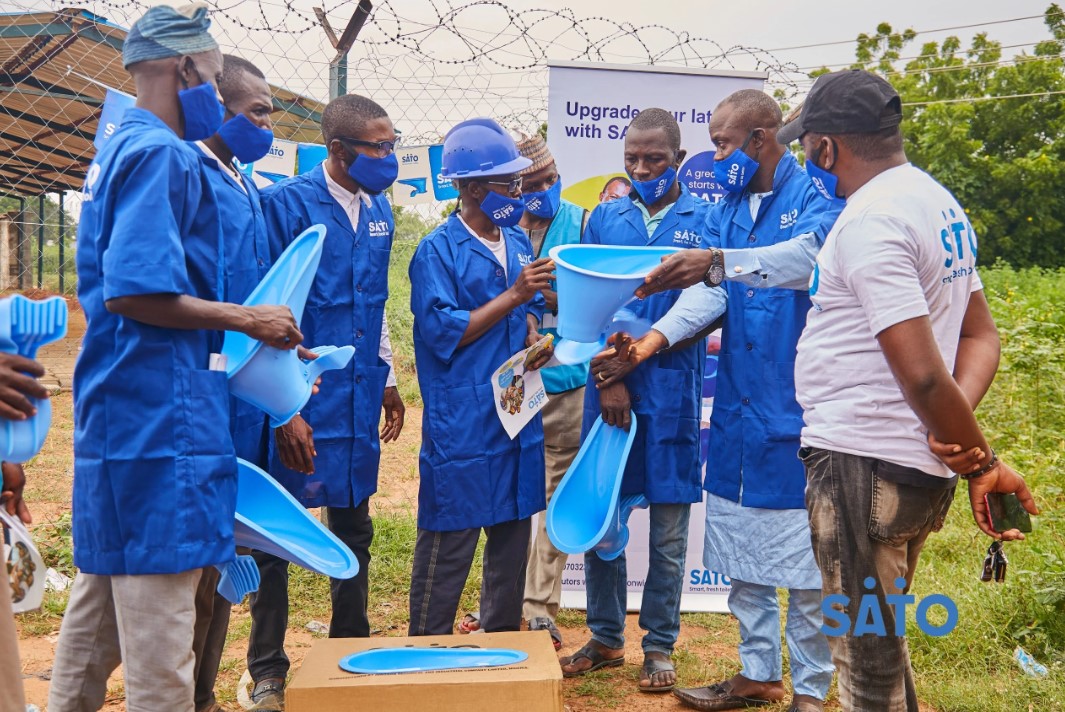 Duka-safi is a one-stop sanitation shop innovation by Peace Winds Japan that offers a toilet bowl-like product known as Sato stool that is mounted over an existing toilet hole. (Photo: SATO)
Duka-safi is a one-stop sanitation shop innovation by Peace Winds Japan that offers a toilet bowl-like product known as Sato stool that is mounted over an existing toilet hole. (Photo: SATO)
"In total, more than 1,070 Sato pans and Sato stools have been sold to date positively impacting the lives of 5,885 people, particularly among newly married couples and families with young children and elderly people," the NGO said.
Today the two settlements have been declared Open Defecation Free (ODF) courtesy of these efforts.
Other than solving the problem of open defecation, Duka-Safi has helped build self-reliance amongst the community members as they are able to engage in the sale of other commodities thus boosting their income such as cleaning products and dry foods.
The NGO plans to expand the availability of the shops in more sections of the settlements.
"Peace Winds in partnership with the Ministry of Health has adopted and implemented Community Led Total Sanitation (CLTS) in Kalobeyei Integrated Settlement since 2019 and in Kakuma Camp since 2020."
"Through the efforts of community engagement and strong commitment from the community, Kalobeyei Integrated Settlement was officially declared an open defecation-free zone in 2021. In Kakuma as well, 75 per cent of the population live in open defecation-free space as of November 2023," the Global Refugee Compact notes.
The Cash-Based Intervention to enable refugee households to construct permanent shelter and household toilets in Kalobeyei also facilitated many households to attain better sanitation as they were able to purchase Sato Pan or Stool when they constructed their family toilets.
The Duka-safi project is in line with the government's Shirika Plan which seeks to make refugees self-reliant in the planned transition of the refugee camps into settlements.
Top Stories Today
